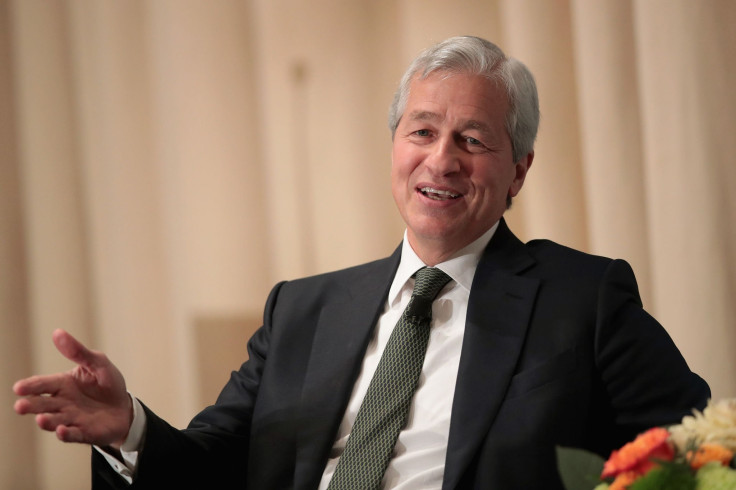JP Morgan leads the pack as good news in the banking sector improves general economic outlook
Whilst the economic outlook is still uncertain after the March collapse of Silicon Valley Bank and near-collapse of Credit Suisse, recent results bring good news.

After concerns regarding an impending banking crisis and its wider economic impacts just over a month ago, recent financial results from the sector have brought some cheer.
In March, financial markets in Europe and over the pond alike were feeling the jitters in the wake of the collapse of Silicon Valley Bank (SVB) and the near-collapse of Credit Suisse, before rival UBS rode to the rescue in a takeover deal.
At the time, Wael Makarem, Senior Market Strategist (MENA) at Exness, an online trading platform, observed that several pressures were contributing towards a negative outlook for stock markets.
As Makarem explained, decreased confidence and increased risk aversion were fuelling concern around the banking sector. The fears of contagion not only heightened concerns over deposit levels and earnings of banking sector players themselves but also threatened to exacerbate the wider economic slowdown.
Other factors contributing to a gloomy outlook were the deterioration in the jobs market as manufacturing and services seemed lacklustre. In addition, technology stocks were struggling as the United States and its allies took steps to limit China's access to certain technologies.
In fact, on the 14th of March, credit ratings agency Moody's shared a pessimistic outlook, stating not only that it had changed its outlook from a positive to a negative one, following the failures of Silicon Valley Bank, Silvergate Bank, and Signature Bank (SNY), but the agency had also put six US regional banks on the watchlist for potential downgrades. Amongst the latter were First Republic Bank, Western Alliance and Comerica.
Of these, First Republic Bank has since been downgraded by Moody's in some areas.
Summing up the gloomy mood in March, AJ Bell investment director Russ Mould commented at the time. He said: "While the immediate fallout from the Silicon Valley Bank collapse may have been contained for now, the edginess around the banking sector isn't helped by the latest revelations from Credit Suisse as it identified material weaknesses in reporting controls."
Against this backdrop, all eyes were on earnings reports due in the banking sector on Friday.
JP Morgan led the pack here, as its profits jumped 52 per cent. The bank reported a profit of $12.6 billion (£10.2 billion) for the first quarter of 2023, up from $8.3 billion (£6.7 billion) over the same period in 2022.
The good news did not end there, with rival US banks Citigroup and Wells Fargo also reporting strong earnings on Friday, after benefiting from higher interest rates.
Whilst Friday's results led JP Morgan CEO Jamie Dimon to reflect positively on what he believed was the success of the bank's long-term strategy, he was less sanguine about the prospects of the economy as a whole.
Dimon said the first-quarter results were proof that years of investment and careful management of JP Morgan's risks had paid off, allowing the lender to "act as a pillar of strength in the banking system and stand by our clients during a period of heightened volatility and uncertainty."
Turning to the macroeconomic outlook, Dimon continued that whilst the US economy seemed to be on "generally healthy footing ... the storm clouds that we have been monitoring for the past year remain on the horizon, and the banking industry turmoil adds to these risks."
Reflecting on the changed outlook, including positive impacts in the UK, Mould's comments this week were decidedly more upbeat, as he said: "The FTSE 100 made brisk progress on Monday as a solid start to the US reporting season and a sprinkling of M&A activity helped buoy sentiment."
Whilst the economic outlook remains uncertain, investors were somewhat reassured by these positive developments.
© Copyright IBTimes 2025. All rights reserved.





















